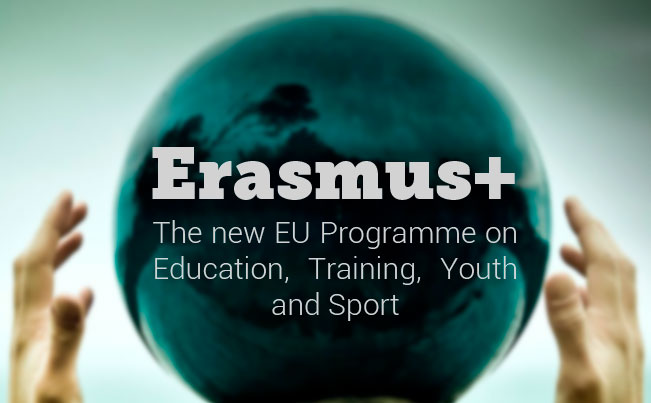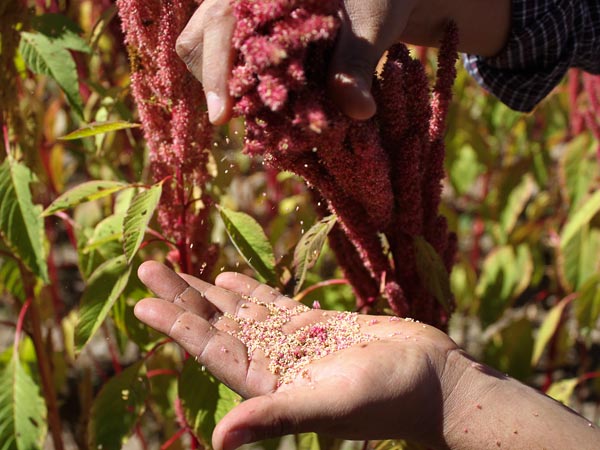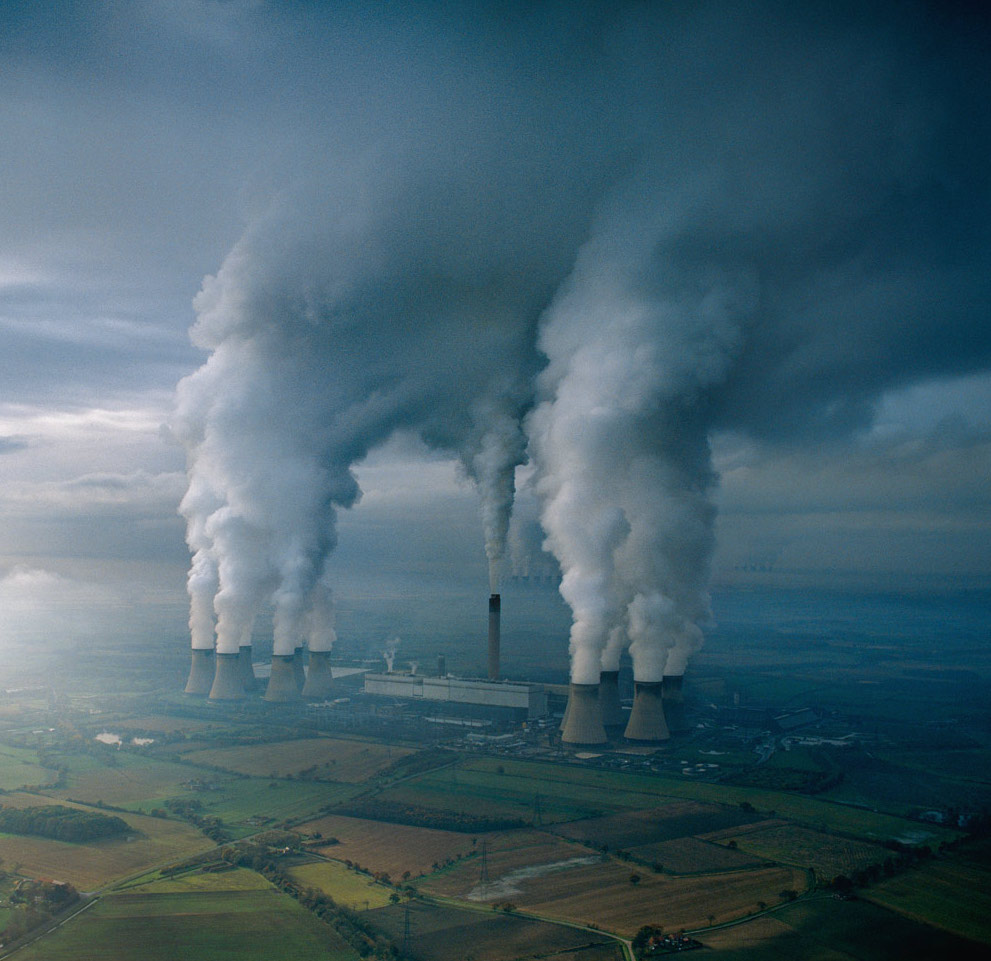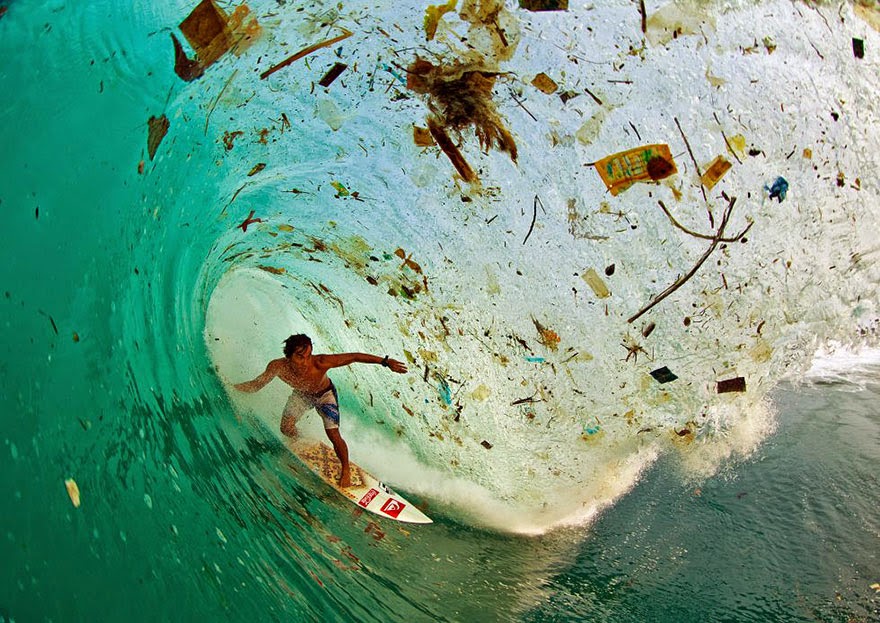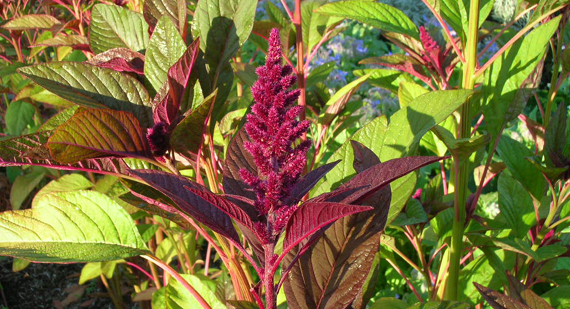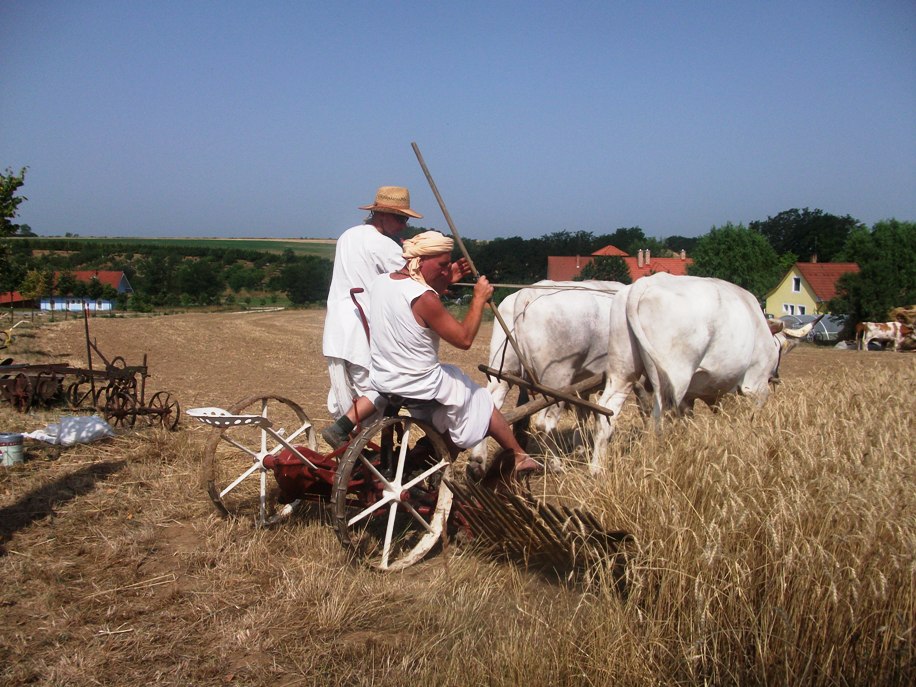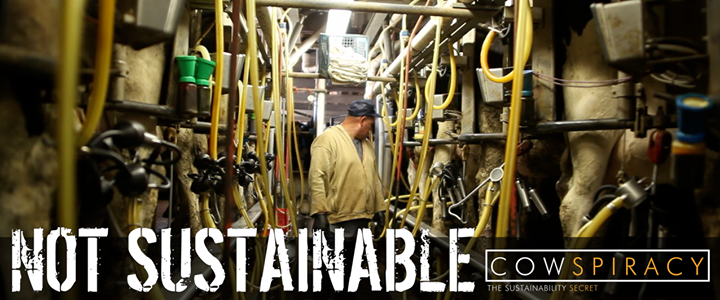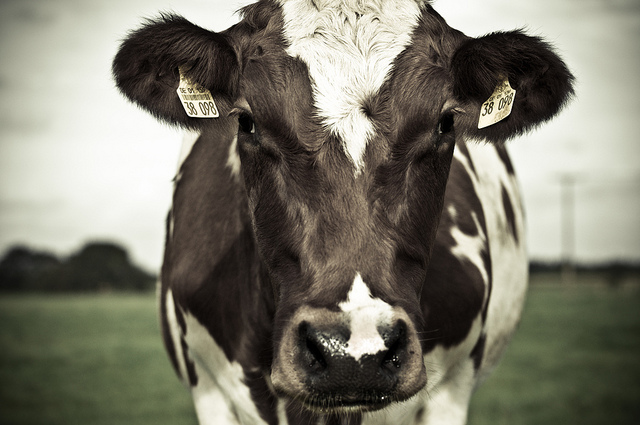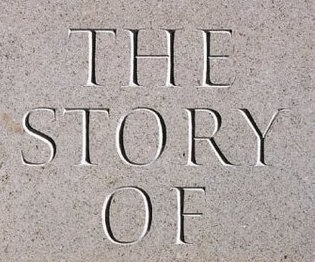The Eco Valley Foundation has been awarded a grant in the Erasmus+ project entitled “Simple living-high thinking” by the European Commission. This project is a Strategic Partnership project involving 40 youth workers and youth from 5 partner organisations from Belgium, Czech Republic, Hungary, Slovenia and Sweden.
Blog
Sustainable Model Village

